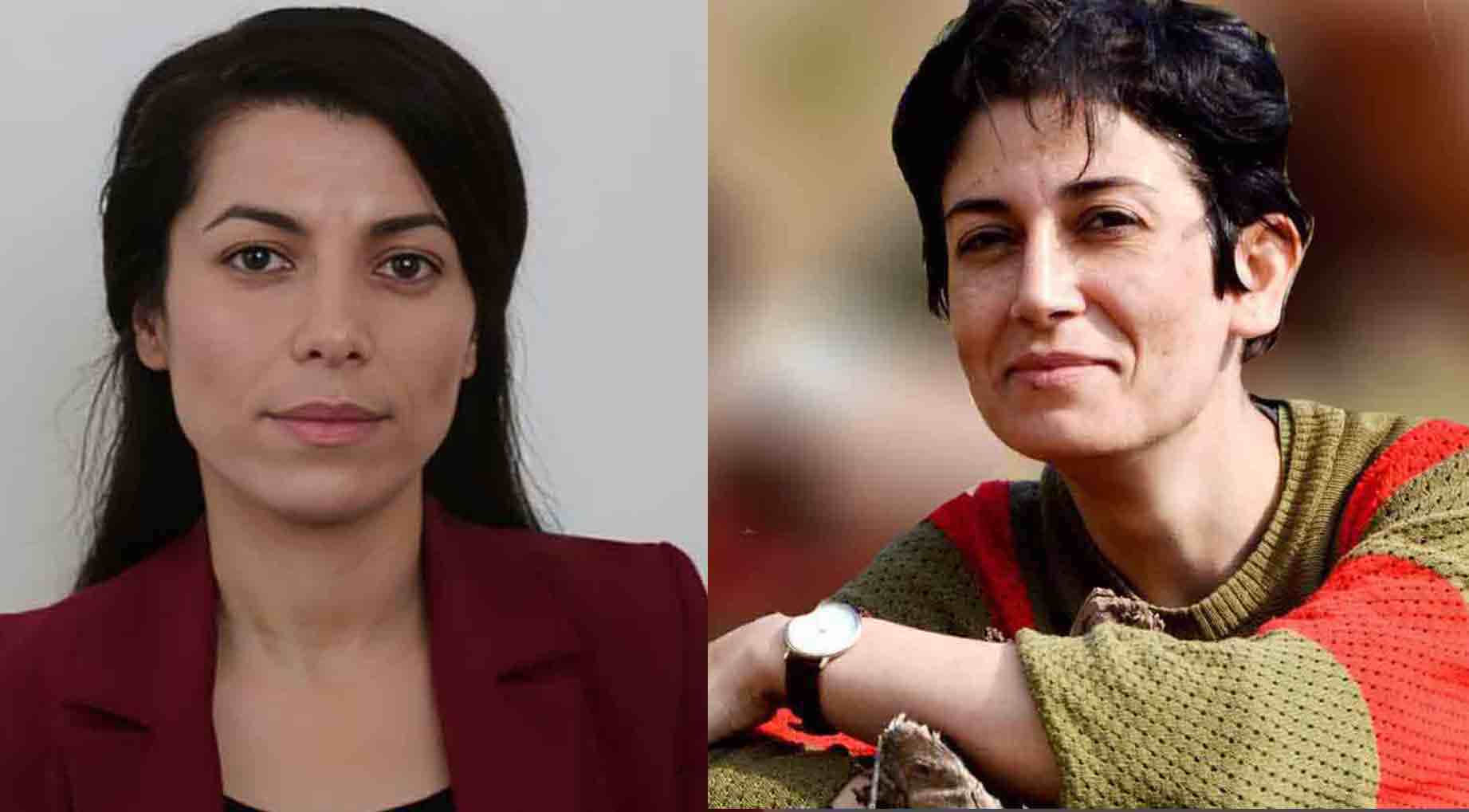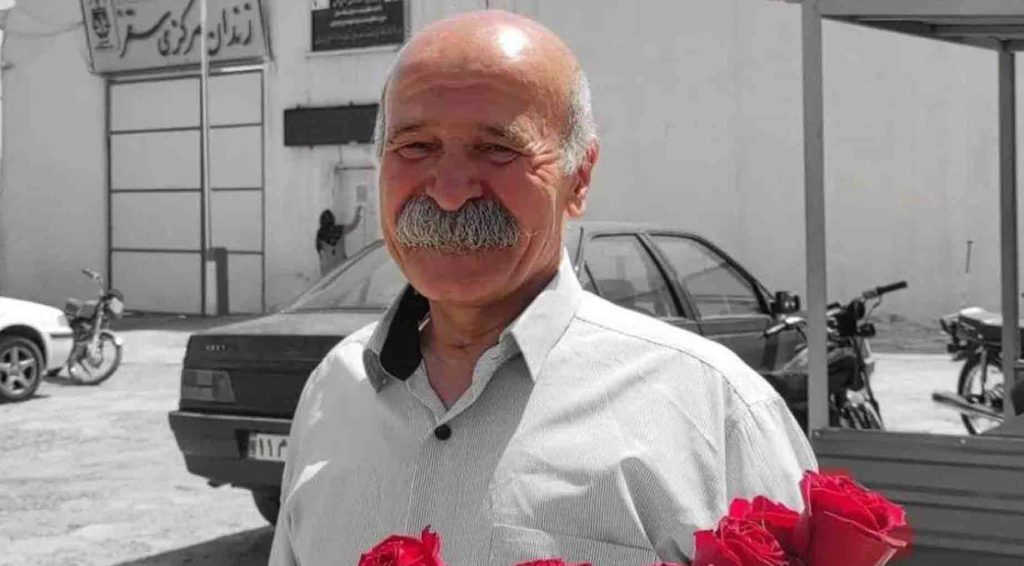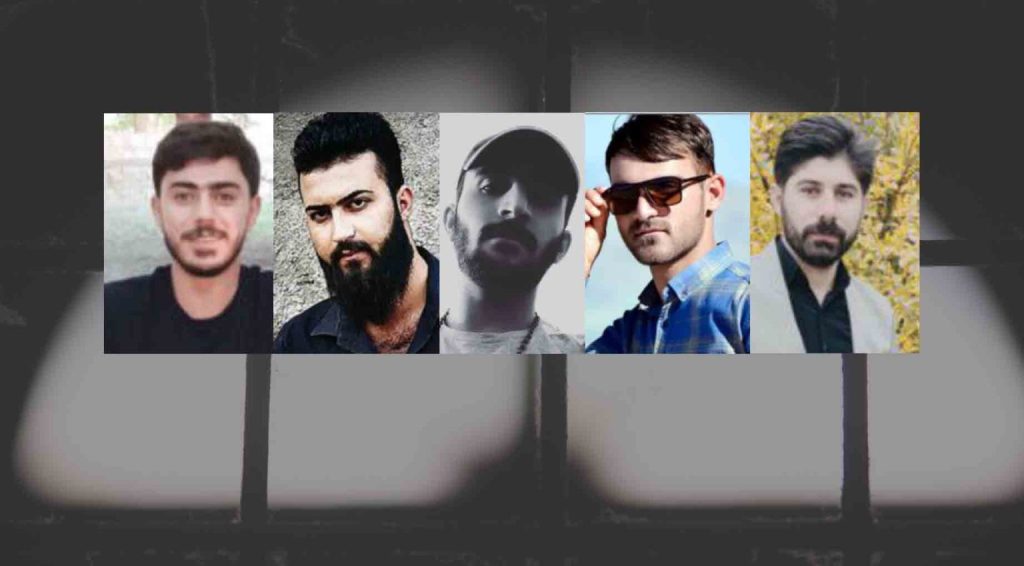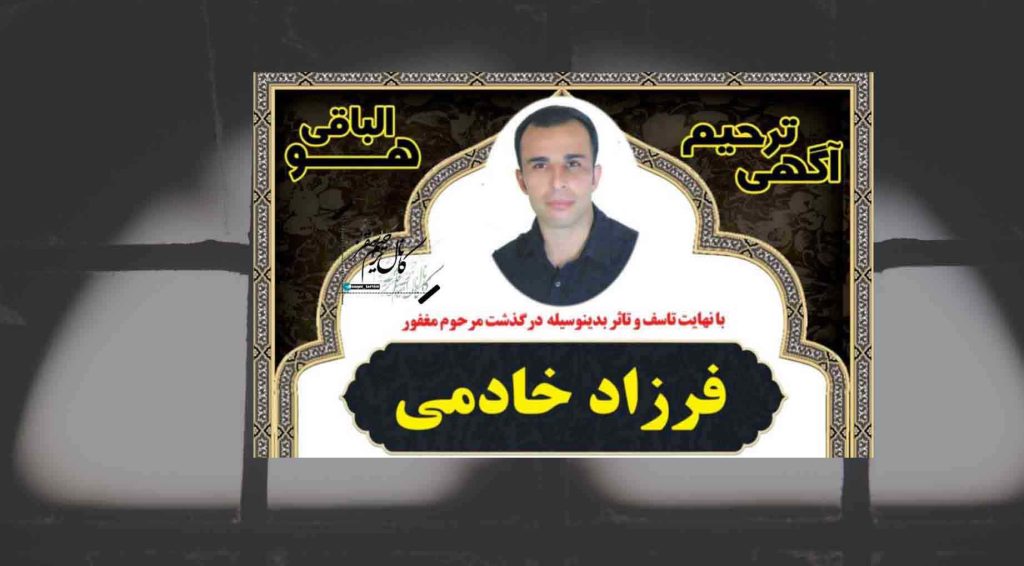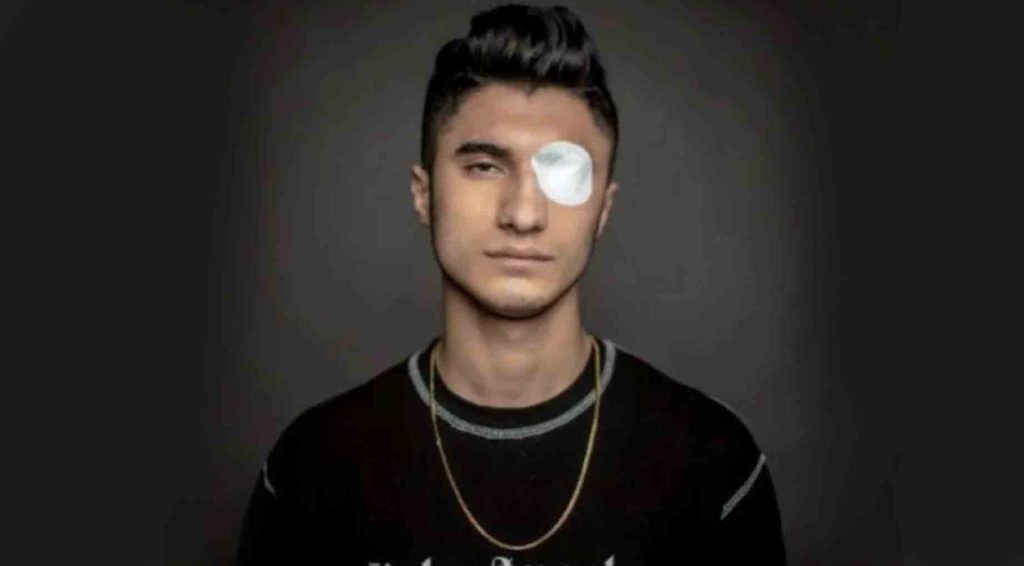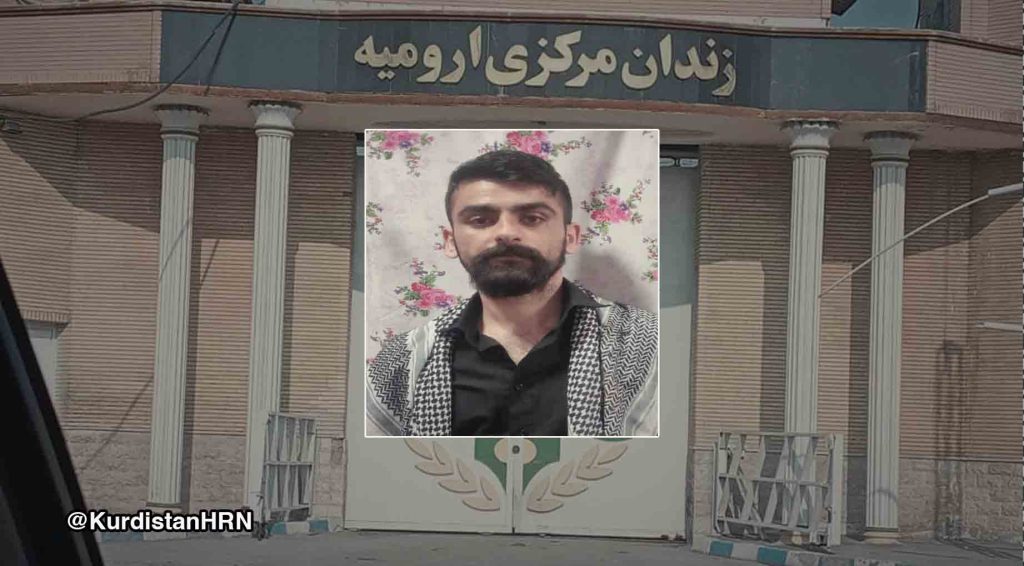Wrisha Moradi, a member of the East Kurdistan Free Women Society (KJAR), and Pakhshan Azizi, a Kurdish activist and former political prisoner, are still detained in state of uncertainty in Tehran’s Evin Prison.
Moradi, with the organisational code name of Jwana Sna, was charged with “armed insurrection” (baghi), which carries the death penalty, and Azizi was accused of “membership in a group or organization aimed at undermining national security”.
The two Kurdish women were arrested by Ministry of Intelligence in August 2023.
The cases of Moradi and Azizi have been sent to Branch 15 and Branch 26 of the Islamic Revolutionary Court in Tehran, respectively. Concerns have been raised about potential heavy sentences for the duo.
Moradi and Azizi, who were arrested about eight months ago, are held in Evin Prison without a scheduled hearing for their charges.
The Kurdistan Human Rights Network (KHRN) has learned that the two Kurdish women were denied access to legal representation since their arrest until the issuance of indictments and referral to the Islamic Revolutionary Court, a situation compounded by the indictment issued by the interrogation branch of Evin Prosecutor’s Office, charging them under Articles 288 and 499 of the Islamic Penal Code.
According to Article 288 of the Islamic Penal Code, “If members of a rebellious group are arrested before engaging in armed conflict, and if there is an organization and central leadership, they shall be sentenced to third-degree imprisonment, or if the organization and central leadership are disbanded, they will be sentenced to fifth-degree imprisonment.”
Additionally, according to Article 499 of the Islamic Penal Code, “Anyone who joins one of the groups or organisations or branches of organisations that intend to undermine national security shall be sentenced to imprisonment for three months to five years, unless it is proven that they were unaware of its objectives.”
Moradi was arrested by the Ministry of Intelligence on 1 August 2023 at the entrance to Sanandaj upon her return from Kermanshah, Kermanshah Province, where she had been involved in political and organisational activities.
She spent the first 13 days of her detention in the detention centre of this security institution in Sanandaj, and afterwards was transferred to Ward 209 of Evin Prison in Tehran.
During this time, she was subjected to pressure and threat for forced confessions, and on 26 December 2023, after enduring five months of solitary confinement, she was transferred to the women’s ward of Evin Prison.
Prior to her involvement in KJAR, Moradi had been active in Rojava (Kurdistan of Syria) in the fight against the Islamic State (IS) and was wounded in one of the IS attacks on Kobani.
On 8 November 2023, the Bitawan website, which is affiliated with the Ministry of Intelligence, reported that Moradi and two others had been arrested by its forces.
While the website did not specify the date of their arrest, it described them as members of the Kurdistan Free Life Party (PJAK).
On 26 September 2023, KJAR issued a statement saying that Moradi was in the region to “carry out political activities and organise women” in Kurdistan.
KJAR called on international human rights organisations to “take the necessary measures regarding the enforced disappearance” of its member.
Additionally, Azizi, from Mahabad, West Azerbaijan Province, was arrested in Tehran on 4 August along with several members of her family by agents of the Ministry of Intelligence.
While the detained family members were released after a few days of interrogation, Azizi was taken to Ward 209 of Evin Prison.
On 11 December 2023, at the end of her interrogation in Ward 209 of Evin Prison, she was transferred to the women’s ward of Evin Prison.
She was denied the right to have a lawyer and was threatened and pressured by security interrogators to make a forced confession.
Azizi went on a hunger strike for several days in protest against the torture and pressure from her interrogators to accept the charges against her and make televised confessions.
She denied all the charges, saying she had only worked as a social worker and translator in conflict zones in Rojava for several years.
The agents of the Ministry of Intelligence cited Azizi’s meetings with some of the families of the protesters killed during the anti-government uprising of Women, Life, Freedom as examples of the accusations raised.
Azizi, a social work graduate from Mahabad, West Azerbaijan Province, was first arrested by security forces on 16 November 2009 during a gathering of Kurdish students at Tehran University to protest against politically motivated executions in Kurdistan, and was released on bail after four months.
She had been living in the Kurdistan Region of Iraq for the past few years.

